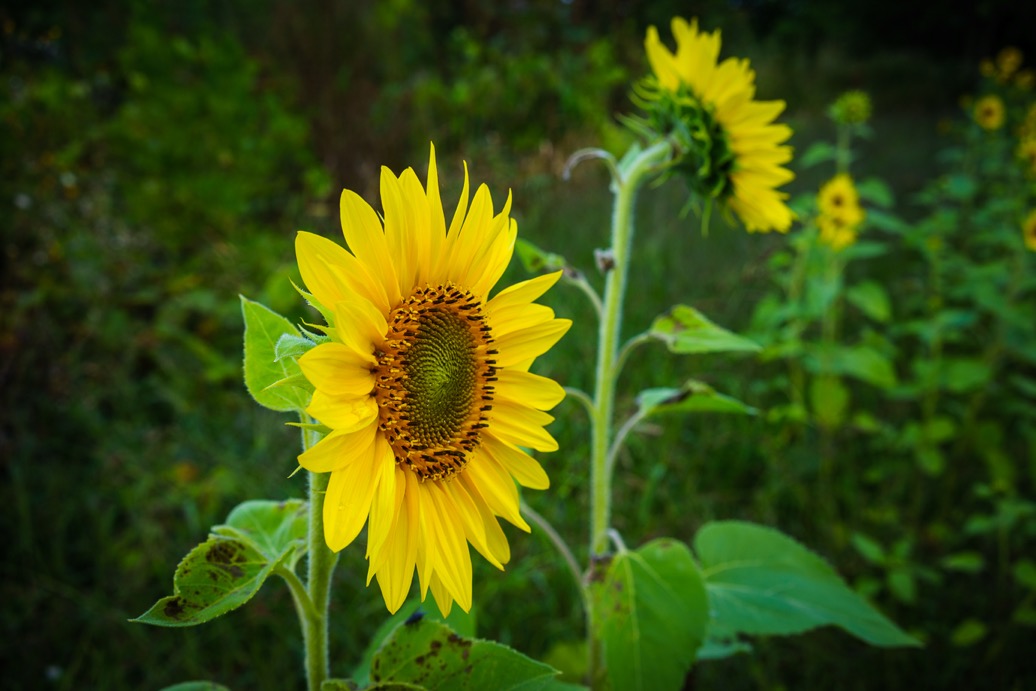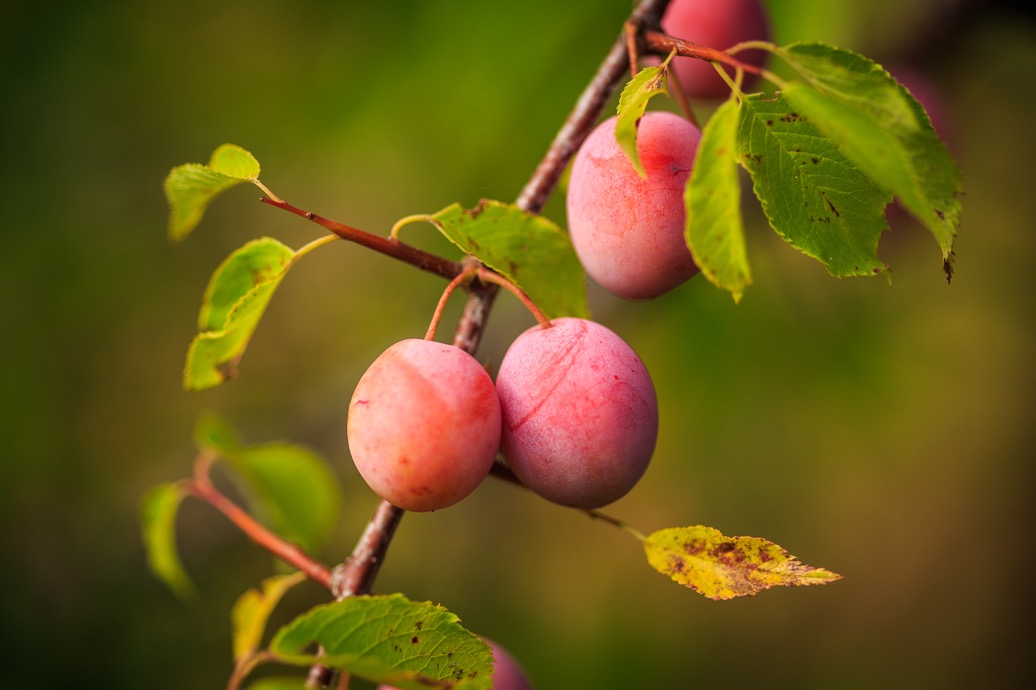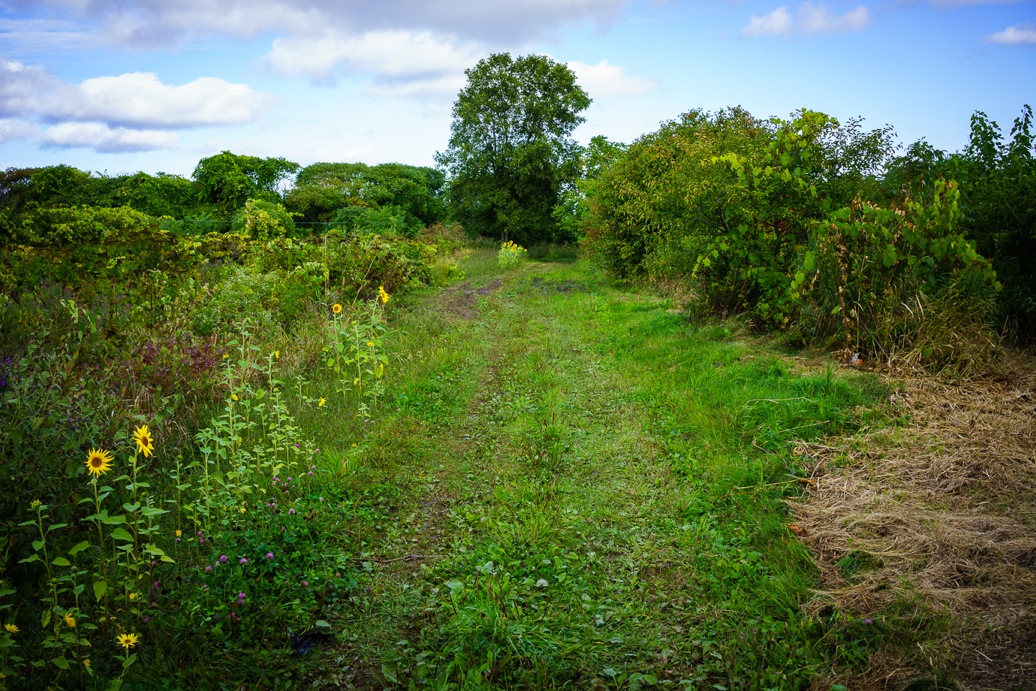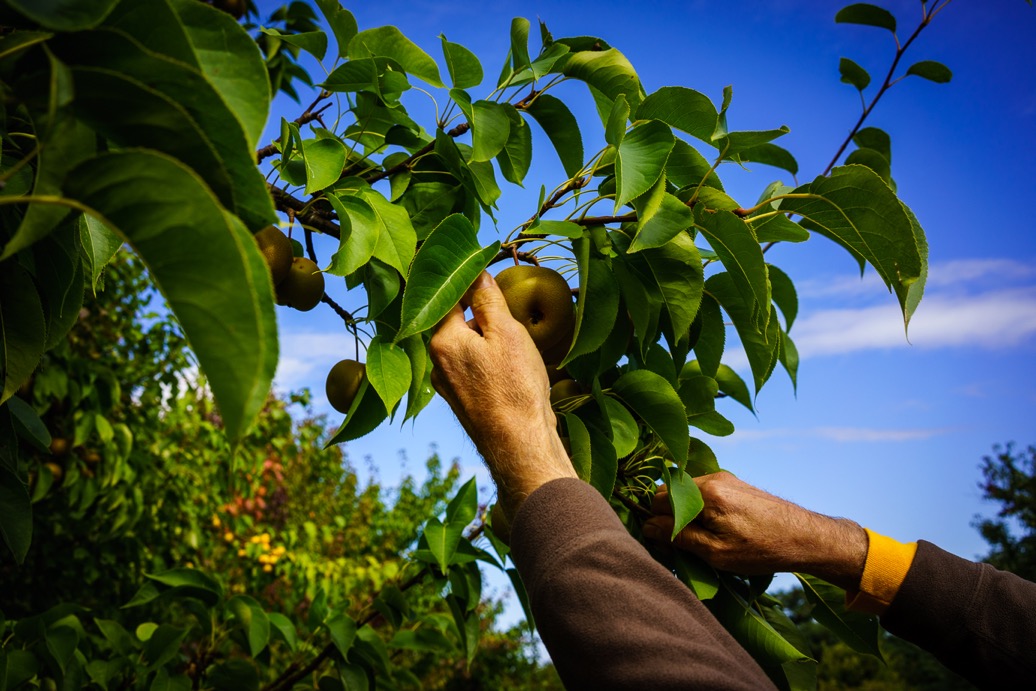Pioneer

Ken Taylor is a pioneer. Soon after he founded Green Barn Farm in 1974, he launched one of the first organic basket programs in the Montreal area, which endured for more than 30 years. Yet we’re indebted to Ken for more than just paving the way with his basket program. Ken has spent his career embracing, cultivating, and spreading diversity and sustainable agriculture.

To understand Ken’s contributions, it’s worth going back to the founding story of Green Barn. At the time, Ken was a university professor specializing in biochemistry. He quickly developed an overwhelming passion for food and a deep understanding of the harmful effects of synthetic pesticides. He saw a two-part challenge confronting diverse agriculture in Quebec: first, producers had to find a way to face down common insects and diseases that attack plants in all regions; but then they simultaneously had to grapple with the immensely difficult regional temperatures.

Ken decided that the best way to address both challenges at once would be to utilize crop varieties resistant to the specific environmental factors found in Quebec. There was one hitch: these crop varieties didn’t exist yet. “Since I couldn’t find or buy the seeds I was looking for,” Ken explained, “I had to create them myself.”

This is how he started Green Barn Farm & Nursery in Notre-Dame de l’Île Perrot. From the beginning, Ken was set on doing something a little different. Early on, for example, he wanted to add to the local selection by developing carrots that were darker and more nutritious. When people saw them at first, they thought these multicolored carrots had gone bad and weren’t edible. Similarly, Ken started growing kale and arugula at a time when North Americans mostly ate Iceberg lettuce. Again, he encountered a lot of reluctance. “Like with any change, any evolution, it takes a lot of work and patience to get people to try something new,” Ken told us.

Ken has always maintained his commitment to encouraging agricultural diversity in Quebec by creating new and better seeds the old-fashioned way: “If you start with 200 seeds, then after an insect-filled summer followed by a intensely cold winter and you find yourself with 5 surviving plants, you’ll use those plants to build the next generation.” Over the course of 40 years, he has been able to breed some incredibly unique varieties well-suited to our winters and with the best mix of characteristics.
Ken demonstrates how to crack heartnuts, which he developed at Green Barn

On his 70 acres, Ken has grown more than 200 types of melons, 300 varieties of heirloom apples, in addition to figs, pears, and Siberian kiwis. When you visit his farm, it’s like entering a wild (but local) jungle. All of his plants benefit from free environment in which they can develop resistances and characteristics that Ken can then put to use in future generations. A brown tomato is firm, but doesn’t have much taste; whereas a Dufresne tomato is delicate and savory. By crossing the two varieties, Ken created the firm and delicious Montreal Brown tomato.

This is work that, when done correctly, takes years. Ken’s decades-long dedication to pushing the boundaries of diverse, local, and sustainable agriculture is an inspiration for all of us who grow food.
